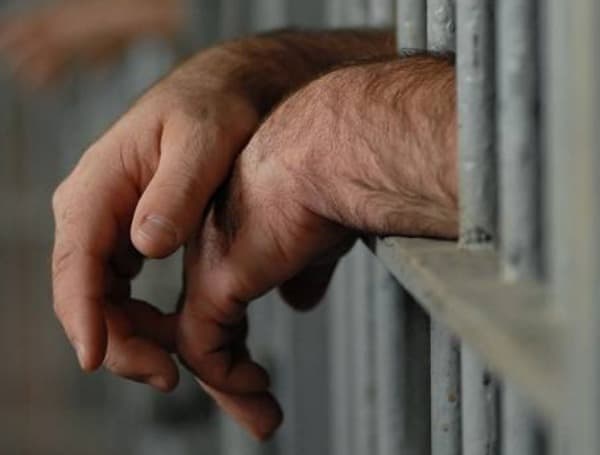A Florida attorney today admitted his role in a scheme to extort $7.5 million from a California bank, Attorney for the United States Rachael A. Honig announced.
Richard L. Williams, 73, of Miami, Florida, pleaded guilty by videoconference before U.S. District Judge Susan D. Wigenton to an information charging him with conspiracy to transmit an interstate communication with the intent to extort.
According to documents filed in this case and statements made in court:
Beginning in May 2020, Williams and his client (Client-1) conspired to extort $7.5 million from a commercial bank headquartered in California (Bank-1). Williams threatened Bank-1 that if it did not pay Client-1 $7.5 million, Client-1 would publicly disclose that Client-1 had accessed and obtained certain confidential data from the bank that did not belong to Client-1 and that Client-1 was not authorized to retain.
On June 18, 2020, Williams sent an email to an attorney for Bank-1 that attached a proposed agreement that Bank-1 had not requested. The agreement – titled “Settlement, Assistance, and Confidentiality Agreement” – provided for Bank-1 to pay Client-1 approximately $7.5 million as a “settlement, assistance and confidentiality fee” within 48 hours of signing the agreement. The payment was purportedly in exchange for Client-1 serving for one week as an “advisor” to Bank-1, a service that Bank-1 had not requested, and agreeing not to publicize confidential Bank-1 data that Client-1 had accessed and obtained. The agreement was designed to conceal that Williams and Client-1 were extorting Bank-1.
From July through August 2020, Williams also engaged in a series of telephone conversations with an undercover law enforcement agent (UC-1) who Williams believed was a representative of Bank-1 located in New Jersey, with authority to transfer funds to Williams. During a telephone call with UC-1 on July 24, 2020, Williams warned UC-1 that if Bank-1 did not pay Client-1 it should “fear” that Client-1 might reveal to various third parties that Client-1 had accessed and obtained the confidential data from Bank-1 or issue a press release disclosing that information. Williams also implied that if Bank-1 refused to accede to his demands and pay Client-1, there may be violent consequences from third parties unrelated to Williams. Williams warned UC-1 that “FBI agents were murdered a couple of blocks from where [he was] sitting,” and that if Williams were in Bank-1’s position, “what would scare the [expletive] out of [him] would be” the reaction of those third parties to the public revelation of Client-1’s access and retention of the data.
The charge to which Williams pleaded guilty carries a maximum penalty of five years in prison and a fine of $250,000, or twice the gross grain or loss from the offense, whichever is greater. Williams’s sentencing is scheduled for April 6, 2021.
Attorney for the United States Honig credited the FBI, under the direction of Special Agent in Charge George M. Crouch Jr. in Newark; the U.S. Department of Health and Human Services, Office of Inspector General, under the direction of Special Agent in Charge Scott Lampert; Defense Criminal Investigative Service, under the direction of Special Agent in Charge Patrick J. Hegarty; the U.S. Department of Veterans Affairs Office of Inspector General, under the direction of Special Agent in Charge Christopher F. Algieri; and special agents of the U.S. Attorney’s Office for the District of New Jersey with the investigation leading to today’s guilty plea.
The government is represented by Assistant U.S. Attorney Sean M. Sherman and Bernard J. Cooney, Acting Chief of the Opioid Abuse Prevention & Enforcement, of the U.S. Attorney’s Office in Newark.
